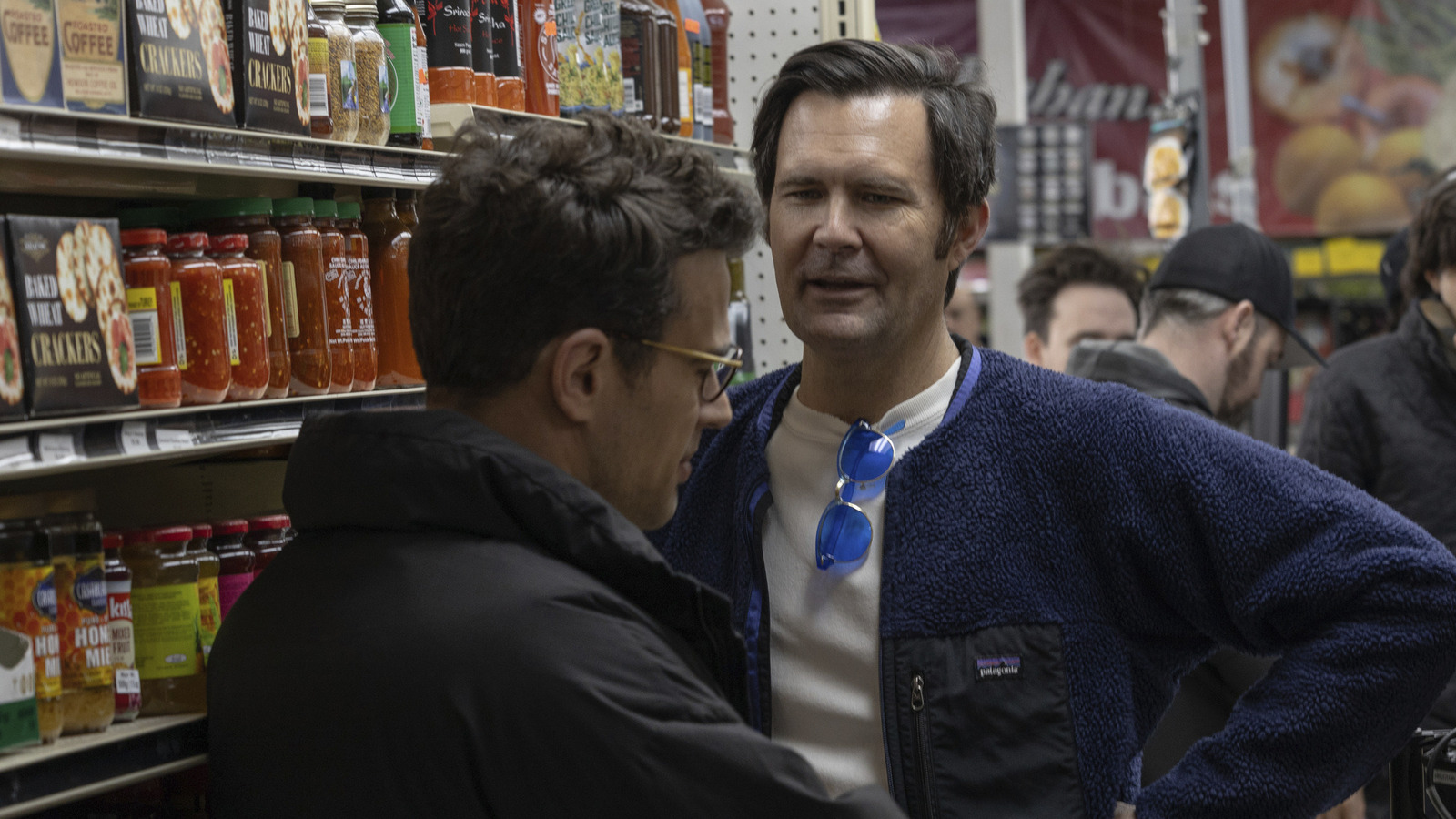

Your movies up to this point have such a power over me when I watch them in terms of making me feel like I’m trapped in a nightmare I can’t wake up from. Watching “The Monkey” and then describing it to friends of mine, I realize, “Oh, this sounds like I’m describing a weird dream that I had.” Do dreams inspire you at all in your work? Do you have a vested interest in trying to translate that experience to the screen, or is it just a byproduct of your work?
It’s occurred to me the more interviews that I give, how much what I do comes from an unconscious place. Usually what I’m generating is coming from stuff that I’ve absorbed and forgotten, or absorbed and has sort of gone down into the sediment enough that now it’s not conscious anymore. And stuff will come out, especially in the course of writing something like this movie, where once I kind of absorbed the short story, I never really looked at it again. And then I was surprised after I wrote it and made the movie to look back at Stephen King’s book “On Writing,” and realize how much of that, which I had read years ago, I had used in the movie. The relationship with the babysitter, the stuff with the parents — a lot of the stuff was taken from that and I’d totally forgotten about all of it.
So I don’t know that necessarily dreams … I’m not someone who wakes up and writes their dreams down and then uses those things. But I do think that the unconscious is working in my favor. I’ve managed to kind of connect to it in the process where I don’t even really know that it’s happening, which I guess makes sense because it’s the unconscious.
But was it something conscious on your part, or is it more unconscious in terms of switching up your style on this film?
I think it’s really just a matter of doing the thing that is required, right? And so if you look at everything that you create as an assignment, either it’s from a boss, or it’s from your spirit, or it’s from some idea that you had, or it’s from the muse or the source or whatever you want to call it. You’re being given this assignment to sort of honor this thing that exists whether you want it to or not, or exists in sort of — whether you’re going to do it or not, it’s out there. And it’s my job to find it and put it into its place, or give it form, give it shape, and then give it away.
So with this, the confluence of things, it’s like, “Well, I’m given the opportunity to do a Stephen King thing. Oh, it’s ‘The Monkey.'” The toy monkey is just like this thing that everybody, whether they could verbalize it or not, there’s a thing about looking at a toy monkey like that, which is an uncanny thing where you’re revulsed, but you think it’s sort of cute and sort of funny and sort of playful, but it’s awful. There’s this weird relationship with it. But I knew that everybody had a thing about it, so I knew the poster was going to be the monkey. It just had to be, what else is it going to be? It’s like the f—ing monkey. It’s the title, it’s the thing.
And then you see the smile on it and you’re like, well, you could kind of go the obvious way with it and make it an evil smile that’s dark. Or you could go for the leer and feel like there’s sort of a cheekiness to it. There’s a surreal kind of cheekiness to this. So it just sort of evolved that I didn’t see myself trying to make a serious possessed toy movie. And also just the fact that it was going to be about a meditation on death felt like a bummer. If you’re going to do a downer about that, you might as well give an uplift. It’s a pretty tricky conversation topic for most people, so you might as well pitch it with a smile.

Leave a Reply